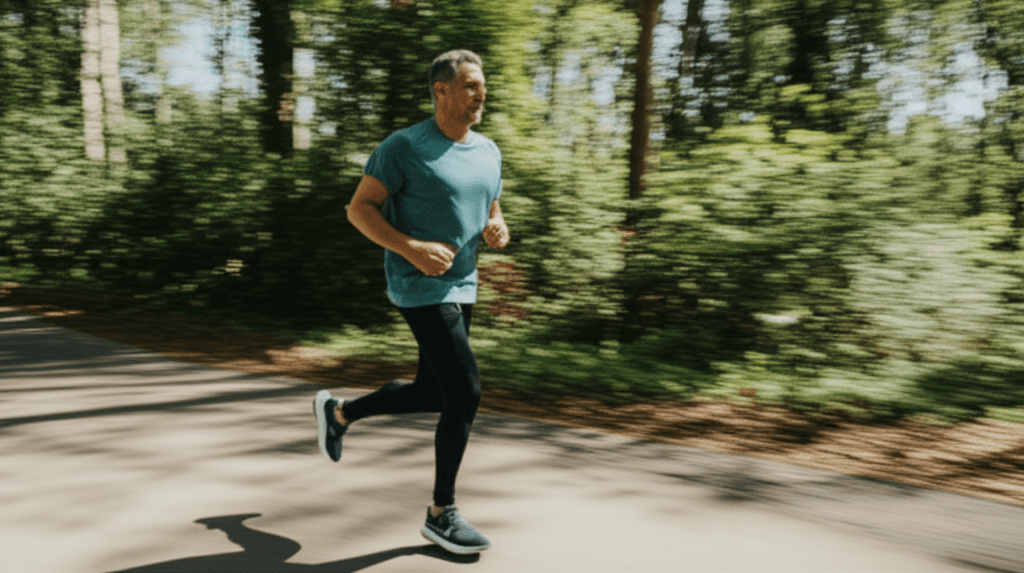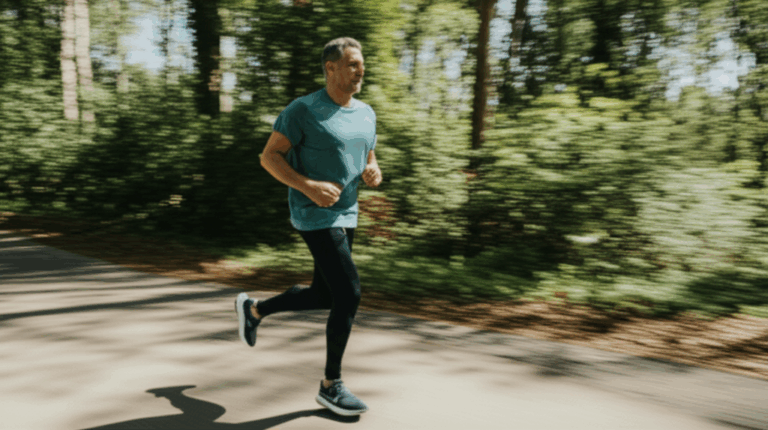The profound impact of exercise on mental health extends far beyond the commonly perceived benefits of stress reduction or a fleeting “runner’s high.” As a Sports Psychologist and Neuroscientist, it’s clear that physical activity orchestrates a complex symphony of neurobiological, psychological, and social adaptations that fundamentally reshape our mental landscape. Regular physical activity can have a deeply positive impact on conditions like depression, anxiety, and ADHD, relieving stress, improving memory, enhancing sleep, and boosting overall mood.

The Neurobiological Reconfiguration: More Than Just Endorphins
While endorphins are frequently cited for their role in the post-exercise mood boost, they are merely one component of a broader neurochemical cascade. The brain undergoes significant changes at a deeper, cellular level that contribute to sustained mental resilience.
Neurotransmitter Modulation
Exercise directly influences the levels and activity of key neurotransmitters, the brain’s chemical messengers. Physical activity immediately boosts dopamine, norepinephrine (noradrenaline), and serotonin levels in the brain. These neurotransmitters are crucial for regulating mood, motivation, focus, and attention. For instance, serotonin, a target of antidepressant medications, is increased by exercise, contributing to improved mood. Dopamine enhances the brain’s reward system, fostering positive emotions and aiding in the reduction of depressive symptoms. Exercise can create a positive feedback loop, where the brain associates physical activity with pleasure, reinforcing the motivation to continue.
Brain-Derived Neurotrophic Factor (BDNF)
Perhaps one of the most critical, yet less understood, players is Brain-Derived Neurotrophic Factor (BDNF). Exercise significantly increases the production and expression of BDNF. BDNF is a protein vital for the growth, maintenance, and survival of brain cells, particularly in areas like the hippocampus, which is crucial for memory, learning, and emotional regulation. Low levels of BDNF are associated with depression, anxiety, and cognitive decline. By elevating BDNF, exercise promotes neuroplasticity—the brain’s ability to form new neural connections and adapt—and can even enhance neurogenesis, the growth of new neurons. This makes exercise a powerful tool for improving cognitive function, controlling mood, and fostering mental health.
Stress Hormone Regulation
Exercise, paradoxically, can act as a controlled stressor on the body, which helps train its response to future acute stressors. While intense physical activity can initially increase stress hormones like cortisol, regular exercise helps to regulate these levels over time, preventing them from remaining elevated chronically. This modulation of the hypothalamic-pituitary-adrenal (HPA) axis, the body’s central stress response system, contributes to reduced overall physiological reactivity to stress and enhances stress resilience. Exercise helps relax muscles and relieve bodily tension, which in turn benefits the mind.
Reduced Inflammation
Emerging research suggests that chronic inflammation can influence the onset and duration of depressive symptoms. Exercise has been shown to reduce inflammation, which can positively impact brain health in individuals with mental illness and contribute to alleviating depressive symptoms.

Psychological Shifts: Beyond Simple Distraction
While exercise can provide a healthy distraction from negative thoughts, its psychological benefits run much deeper, fostering fundamental changes in self-perception and coping mechanisms.
Enhanced Self-Efficacy and Mastery
Achieving even small exercise goals can instill a powerful sense of accomplishment and self-efficacy—the belief in one’s ability to succeed in specific situations. This feeling of control and mastery over one’s body and abilities translates into greater confidence and a more positive outlook on life. Regular activity becomes an investment in one’s mind, body, and soul, fostering self-esteem and making individuals feel stronger and more capable.
Improved Sleep Quality
Exercise is a natural regulator of sleep patterns. Better sleep, in turn, is directly linked to improved mood management, increased energy, and enhanced mental alertness. Quality sleep allows the brain and body to recover more effectively, making individuals better equipped to cope with daily stressors.
Cognitive Enhancement
The neurobiological changes induced by exercise, such as increased blood flow to the brain and the growth of new neurons, translate into significant cognitive benefits. Regular physical activity can sharpen memory, improve attention, enhance problem-solving skills, and boost overall cognitive function. It can even help prevent age-related cognitive decline and may benefit individuals with cognitive impairments or neurodegenerative diseases.

The Social Dimension: Connection and Community
The act of exercising often involves social interaction, which adds another layer of mental health benefits.
Reduced Social Isolation
Many physical activities, especially group classes, team sports, or outdoor activities in public settings, offer opportunities to meet new people and build connections. This can help combat feelings of loneliness and isolation, fostering a sense of belonging and community.
Improved Social Skills and Support
Engaging in exercise with others can improve communication skills, teamwork, and accountability, which are valuable in all areas of life. The social support derived from exercising with friends or family can also enhance motivation and perseverance, making it easier to stick to a routine.

Integrating Exercise for Holistic Mental Well-being
Understanding these deeper mechanisms underscores that exercise is not merely a physical pursuit but a powerful, multifaceted intervention for mental health. It doesn’t require becoming a fitness fanatic; even modest amounts of regular physical activity can make a significant difference. Experts suggest aiming for 2.5 to 5 hours of moderate physical activity or 1.25 to 2.5 hours of vigorous physical activity per week, which can even be broken into shorter bursts.
By embracing exercise not just for physical appearance or weight loss, but for its profound and intricate effects on brain chemistry, cognitive function, stress response, and social connectivity, individuals can unlock a more robust and sustained sense of mental well-being. It is a testament to the intricate link between our physical movements and our inner state, demonstrating that a healthy mind is often forged in motion.







